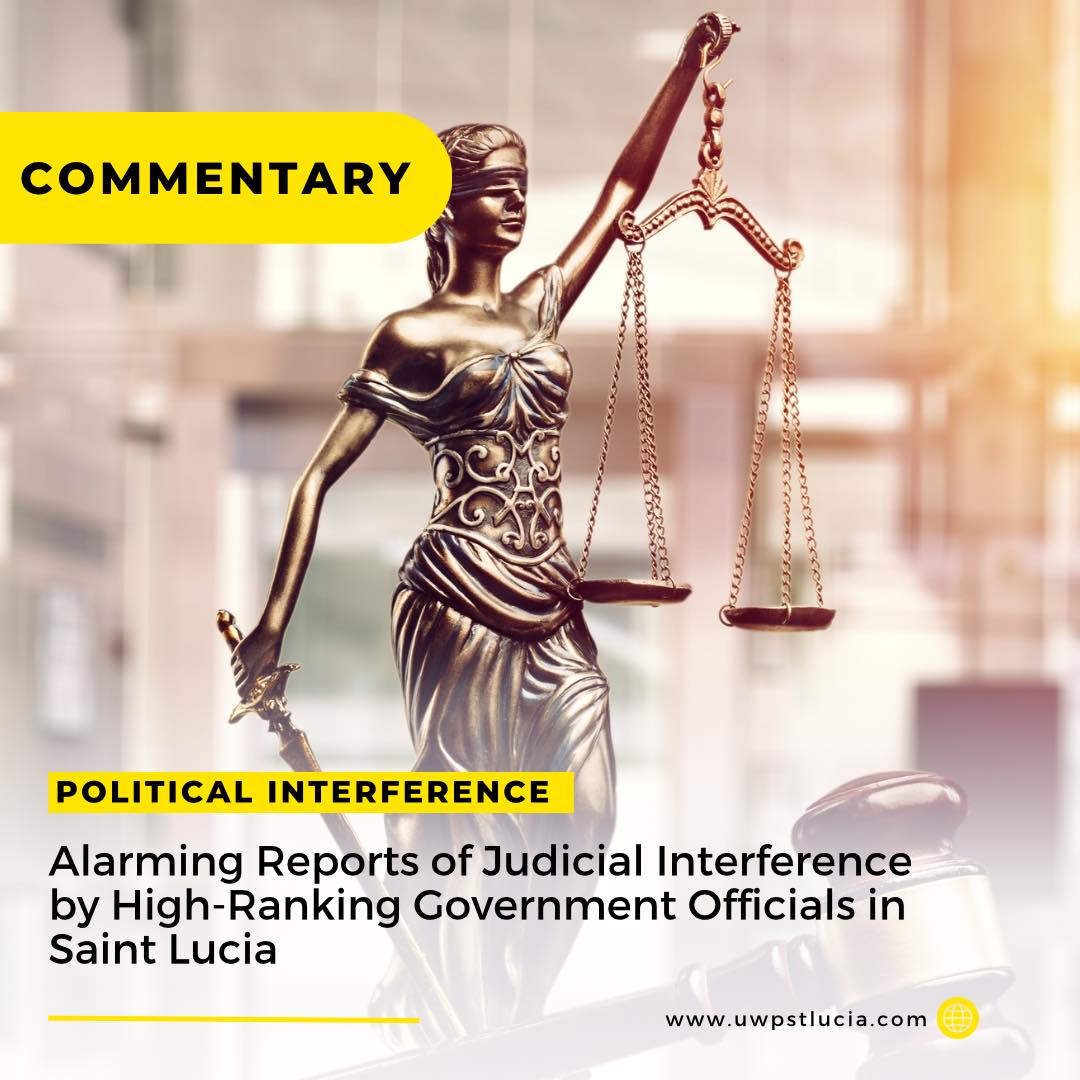One of the fundamental principles of a democratic society is the separation of powers between the three branches of government: the legislative, the executive, and the judiciary. The independence of the judiciary is essential to ensure that justice is dispensed impartially and without any external influences. When high-ranking government officials allegedly interfere in the judicial process, it threatens the very foundation of a fair and transparent legal system.
Reports indicating that government officials are attempting to influence judicial decisions cast a shadow of doubt over the credibility of the judiciary’s verdicts. Citizens must have confidence that court rulings are based solely on the merits of the case and are free from any undue pressure or manipulation. The moment such confidence wavers, the entire justice system comes under question, undermining citizens’ faith in the rule of law.
To address these concerns, it is imperative that the government and judiciary address these reports transparently and with a commitment to upholding the rule of law. Any allegations of interference should be thoroughly investigated by an independent body, ensuring that the process remains free from any undue influence. The judiciary must also play an active role in safeguarding its own integrity, upholding the principles of fairness and impartiality. #PuttingYouWorse#PierreEhCare


Thursday, February 13th 2025: GPH makes US$63,810 from Saint Lucia Cruise Port
Today, two cruise ships are docked in Port Castries, bringing a total capacity of 6,381 passengers. Due to the disastrous deal signed by Prime Minister Philip J. Pierre, Ernest Hilaire, and Emma Hippolyte, Global Ports Holding (GPH) walks away with a staggering US$63,810, while SLASPA—the very entity responsible for our ports—gets a mere US$6,381. This is what selling out Saint…
Read more
by Content Manager